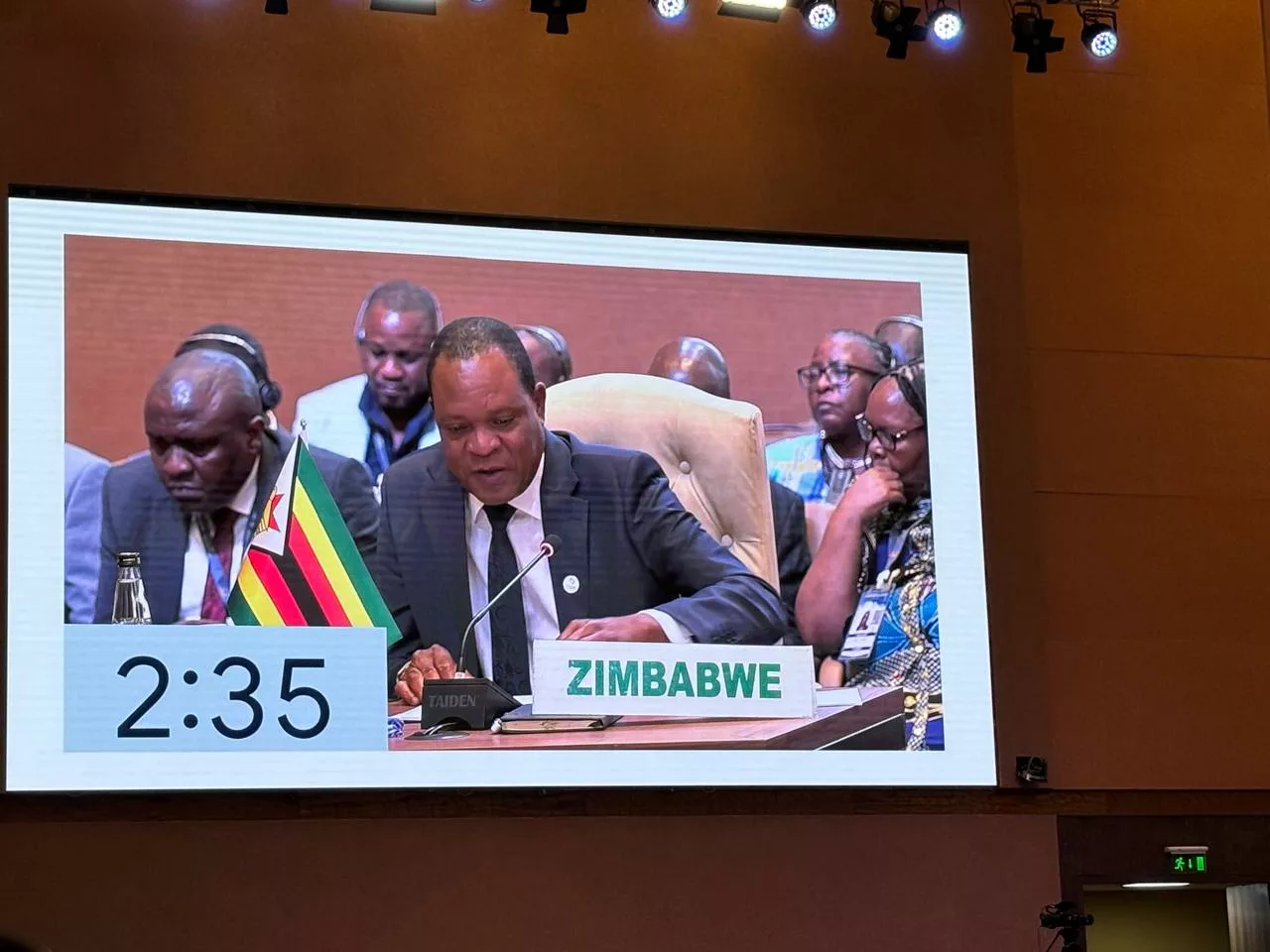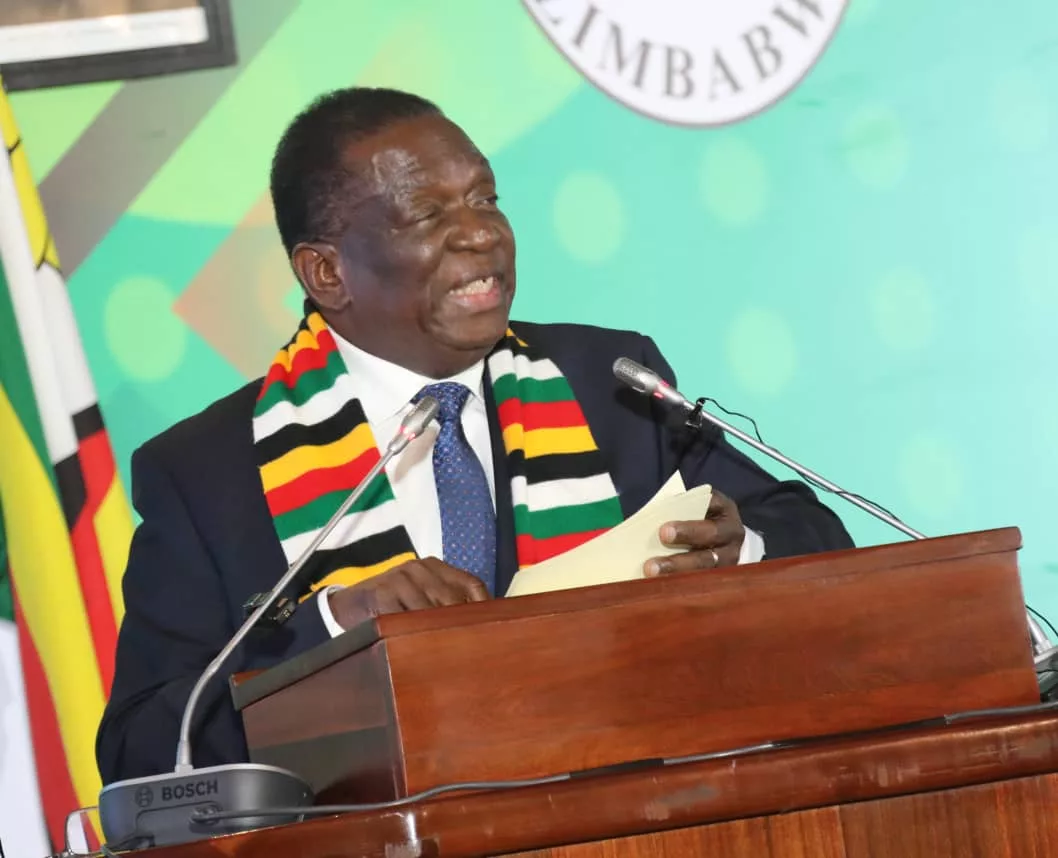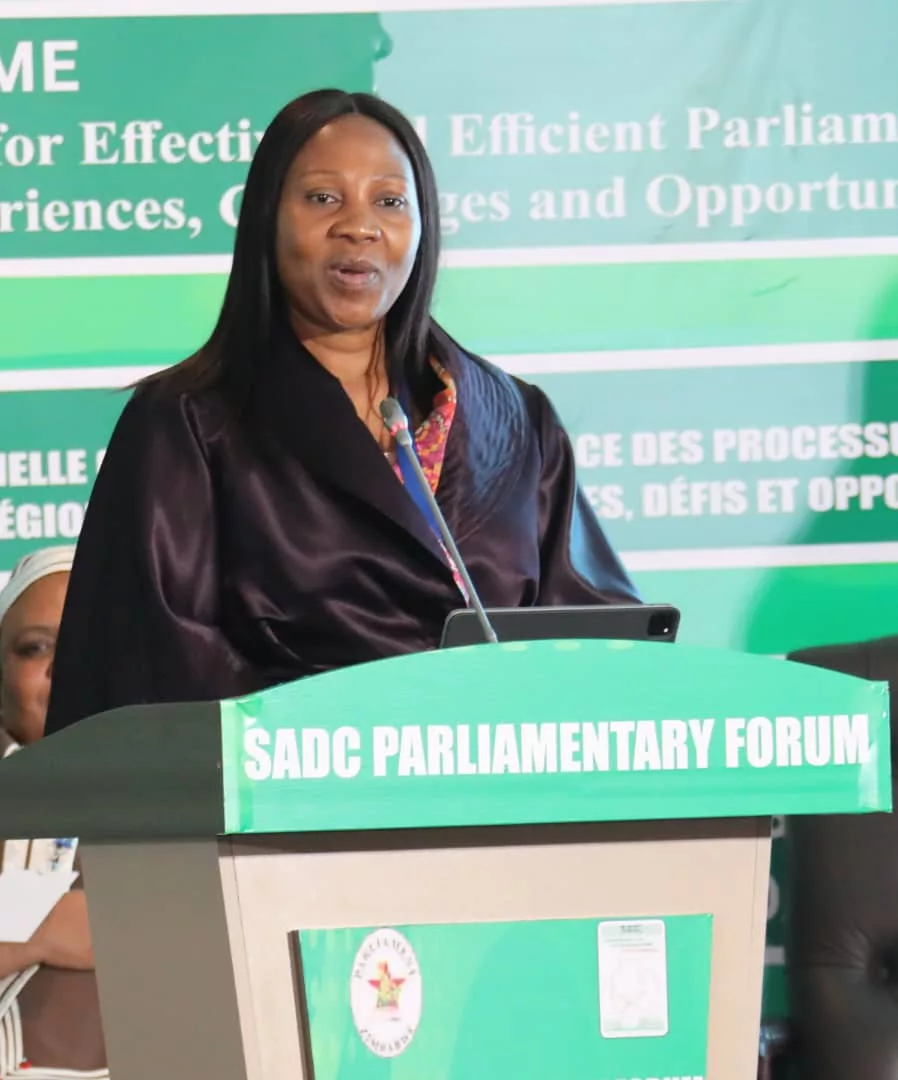|
Getting your Trinity Audio player ready...
|
Dr. Emmerson Dambudzo Mnangagwa has said the Extraordinary Session of the African Union Assembly of Heads of State and Government on the Post Malabo Comprehensive Africa Agriculture Development Programme (CAADP) agenda in Kampala, Uganda signifies a commitment to transforming the African agricultural sector.
In a statement read on his behalf by Dr. Anxious Masuka, the Minister of Lands, Agriculture, Fisheries, Water and Rural Development on 11 January 2025 in Uganda, President Mnangagwa said the Summit is significant as it signals Africa’s determination to significantly transform the agricultural sector for the accelerated development of our continent over the next decade.
The Summit further seeks to create a consensus on increasing investment in agriculture to boost production and productivity for economic growth and transformation of African agriculture.
“Your Excellencies, the attainment of perennial food security on the continent still remains elusive, due to a variety of factors such as climate change, macro-economic instability, pandemics, supply chain disruptions, and recurring geopolitical instability. Twenty years after the launch of the Comprehensive Africa Agriculture Development Programme (CAADP) in Maputo in 2003, it is regrettable that there is the realisation that “Africa is not on track to achieve the Malabo Commitments”. Whilst we cannot wait for a perfect implementation period, Africa must forge a way forward, while being cognisant of the shortcomings of the previous approaches, which failed to yield the desired results,” President Mnangagwa said.
He said all successive Biennial Reviews (BR), revealed that the allocation of 10% of the national budget towards agriculture has not been consistently achieved over the years, and the allocation varied among Member States.
“It is, therefore, heartening to note the recommended broader invitation to and adoption of the private sector-led, and government-facilitated investment approach for the next ten years. My government adopted this approach with strategic investments in irrigation, mechanisation, and agribusiness development, which have yielded significant positive dividends, driving increased yields, and improving food security at both household and national levels. From smallholder farmers to commercial agribusinesses, Zimbabwe’s agricultural sector now stands as a testament to the power of innovation, resilience, and inclusive growth.
“A systems approach away from a narrow agricultural sector narrative, which is proposed in the Kampala Declaration rhymes with Zimbabwe’s approach to broader agriculture-led economic development. This must be complemented by inclusivity, building resilient systems and institutions, and accelerating investments in research, innovation and development. It is in this context that the Africa Centre for Fertiliser Development (AFCD), located in Harare, Zimbabwe, is regarded as a strategic vehicle to increase fertiliser production, distribution and availability on the continent. Its full integration and operationalisation under the African Union should be hastened,” the President said.
The Malabo Declaration of 2014, the successor to the Maputo Declaration of 2003, reinforced regional integration and trade. In this regard, the President said the Africa Continental Free Trade Area (AfCFTA) should further enhance market access and improve economic opportunities for farmers while broadening and deepening regional economic integration and spurring infrastructure development.
He said the importance of mainstreaming women and youth in agri-food systems development cannot be overemphasised. The future of agriculture and African economies belongs to the youth, so opportunities must be created to enable them to actively participate in agricultural value chains.
Over 70% of Africa’s population lives in rural areas, depending on agriculture for their livelihood.
“Rural development, therefore, cannot be achieved if agricultural development is not prioritised. My government has adopted a ripple effect philosophy, that agricultural development will cause rural industrialisation. Rural industrialisation will cause rural development, and rural development will catalyse the attainment of our ambitious Vision 2030, where we are projecting Zimbabwe to be a prosperous and empowered upper-middle-income society. This philosophy aims to “leave no household and no village behind.” I have, therefore, no doubt that over the next 10 years, Africa will accelerate rural development for the betterment of our rural communities.
“Africa remains vulnerable to the increasing vagaries of climate change as witnessed from the recent El Nino-induced drought which affected the Southern African region during the 2023/24 season. Africa’s concerted efforts in building resilience for its people remain hinged on its capacity to de-link agriculture from rainfall. Consequently, resource mobilisation at national, regional and continental levels for investment in irrigation infrastructure is critical in the overall attainment of food and nutrition security for the continent,” President Mnangagwa added.






